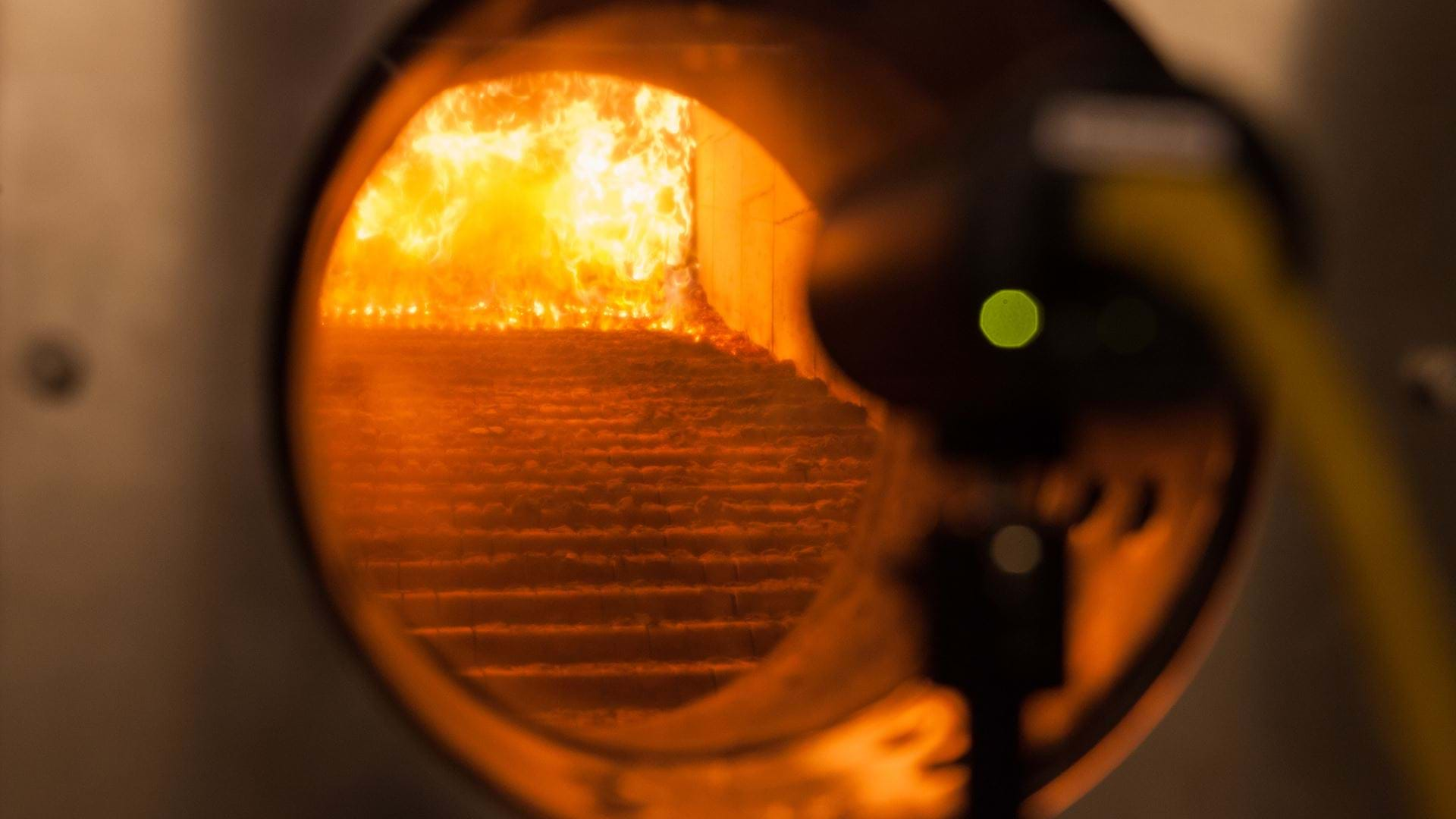A location ripe for improvement was the town’s Museum and Art Gallery. Housed in a building constructed in the early 1960s, the bright and modern-looking interiors were heated by an old and inefficient oil-fired boiler system.
Energy invoices were in the region of £27,000 each year, with carbon emissions hitting 0.274kg of CO2 for every kilowatt hour (kWh) of energy consumed. What’s more, the system had exceeded its life expectancy, so as well as guzzling fuel and costing more to maintain, it was at greater risk of critical failure.
A low-carbon, low-cost solution
Doncaster County Council was keen to source a new boiler system with lower running costs and lower carbon emissions. npower Business Solutions (nBS) was able to offer a solution that met both requirements – and provide additional benefits.
After a detailed consultation period to determine the best design, the council agreed on nBS’s recommendation for a fully low-carbon installation of two 250kW biomass boilers, rather than its original plan for one biomass unit supported by a back-up gas-fired boiler. To provide an idea of scale, an average boiler in a typical home has 15kW capacity, so two with 250kW apiece provide a sizeable output for the Museum and Art Gallery building.
Removal of the old oil system and installation of the two new biomass boilers, along with the necessary wood pellet storage and feed system, was completed over a six-week period during the summer season, when the building did not have any heating requirements. To support variations in annual demand, three 1,500l buffer vessels were also installed. This enables cost effective operation through the peaks and troughs of demand.

/npm214%20Digital_H_UB142.jpg)
/npm214%20Digital_H_UB101.jpg)


/npm214%20Digital_H_UB132.jpg)

.jpg)
/npm214%20Digital_H_UB132.jpg)


